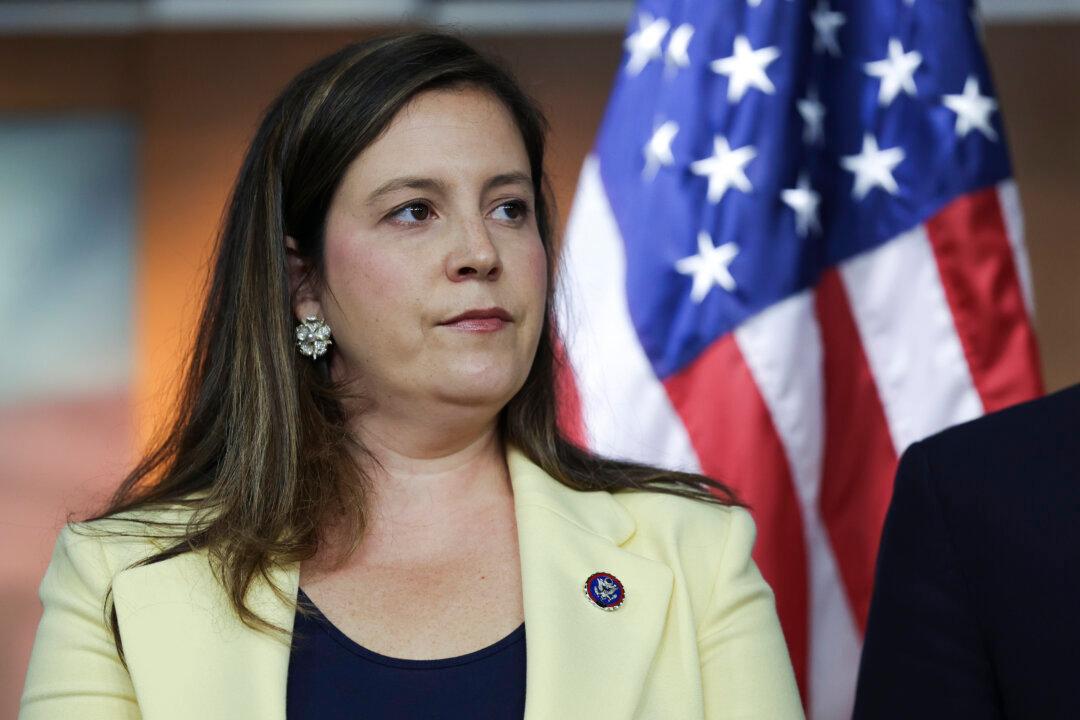Rep. Elise Stefanik (R-N.Y.), chairwoman of the House Republican Conference, says a robust national debate on abortion is vital for moving America forward. Toward that end, she proposes a 15-week federal ban as a minimum limitation on the procedure.
Beyond that, state legislatures would be free to further restrict abortion based on the will of the people.





